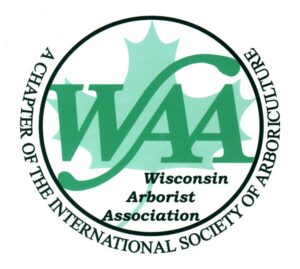 Join the Wisconsin Department of Natural Resources (DNR) and the Wisconsin Arborist Association for the 2022 Wisconsin Annual Urban Forestry Conference. The conference will be held on Feb. 20 – 22 at the KI Convention Center in Green Bay with select sessions available for attendance virtually.
Join the Wisconsin Department of Natural Resources (DNR) and the Wisconsin Arborist Association for the 2022 Wisconsin Annual Urban Forestry Conference. The conference will be held on Feb. 20 – 22 at the KI Convention Center in Green Bay with select sessions available for attendance virtually.
The DNR and the Wisconsin Arborist Association developed three days of enriching educational programming on the latest in research, innovations and industry developments and issues in the arboriculture and urban forestry industry.
Continue reading “Save The Date: February WAA / DNR Annual Conference”

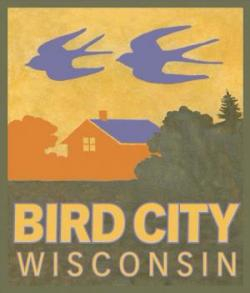 Act fast to keep your Tree City, Bird City and Bee City status! Due dates are as follows:
Act fast to keep your Tree City, Bird City and Bee City status! Due dates are as follows: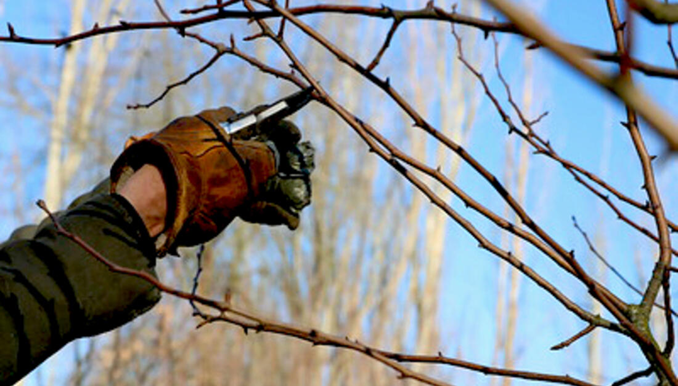 This pruning workshop for ages 18+ is designed to elevate tree and shrub care for professionals and beginners.
This pruning workshop for ages 18+ is designed to elevate tree and shrub care for professionals and beginners.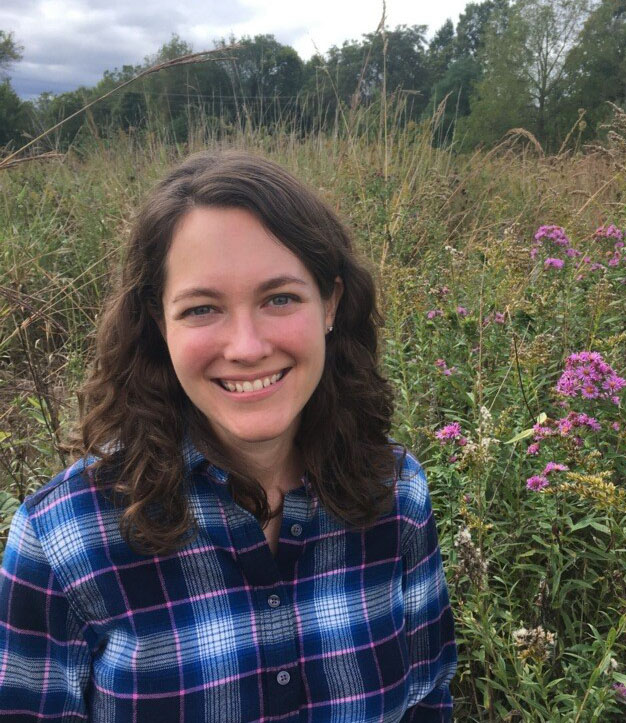 I am very pleased to announce that Patricia Lindquist has accepted the North Central Regional Urban Forestry Coordinator position. Patricia’s first day was Nov. 8, and she is based in Wausau. She is very excited to be continuing her career at the DNR and taking on new challenges.
I am very pleased to announce that Patricia Lindquist has accepted the North Central Regional Urban Forestry Coordinator position. Patricia’s first day was Nov. 8, and she is based in Wausau. She is very excited to be continuing her career at the DNR and taking on new challenges.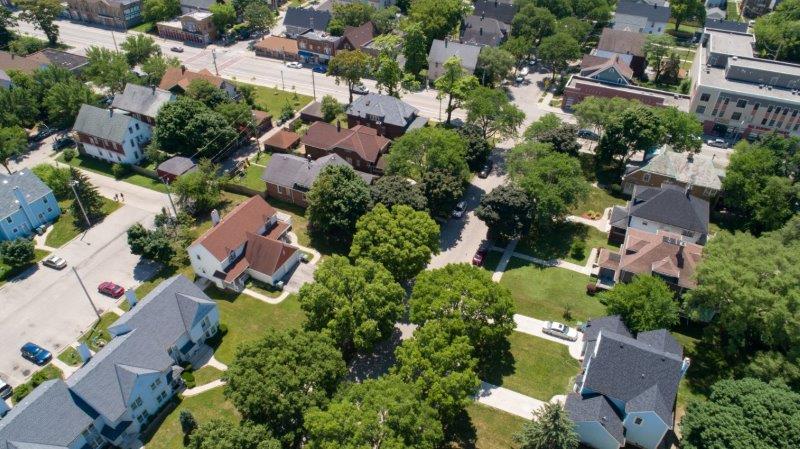 When I returned to my hometown neighborhood in northeast Ohio this past August, I was delighted to rekindle my friendship with so many trees that I have known most of my life. There are, of course, the Norway maples and crabapples and blue spruces found in maintained spaces throughout eastern America. One also finds a fair number of sugar maples and Ohio buckeyes. But despite apparently living in a democracy, red oak is king of my neighborhood.
When I returned to my hometown neighborhood in northeast Ohio this past August, I was delighted to rekindle my friendship with so many trees that I have known most of my life. There are, of course, the Norway maples and crabapples and blue spruces found in maintained spaces throughout eastern America. One also finds a fair number of sugar maples and Ohio buckeyes. But despite apparently living in a democracy, red oak is king of my neighborhood.